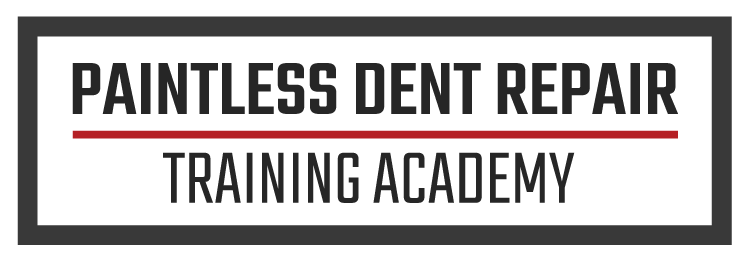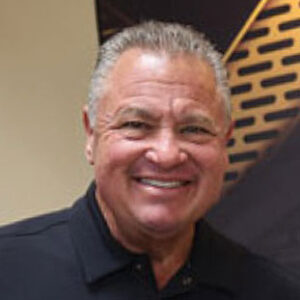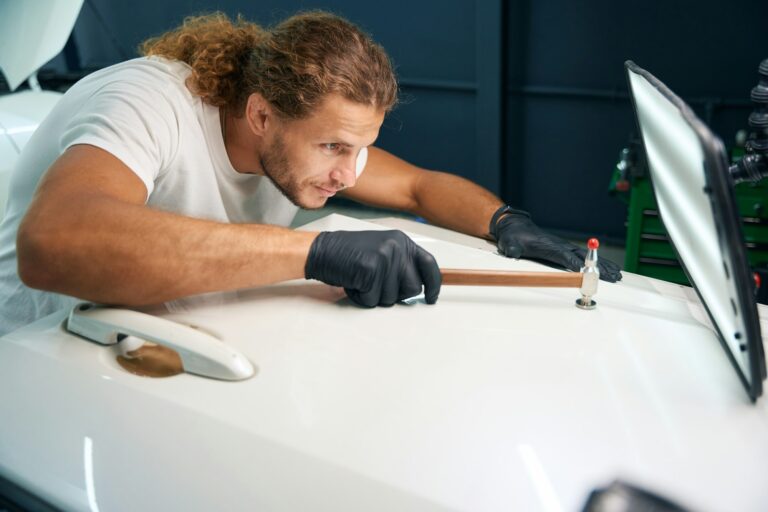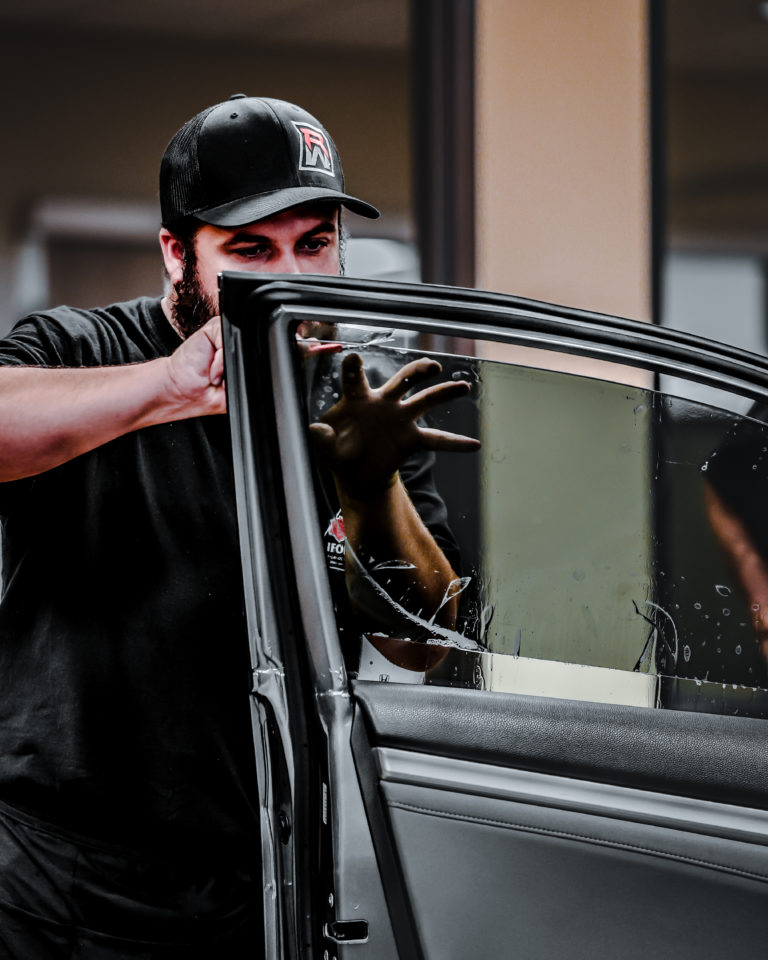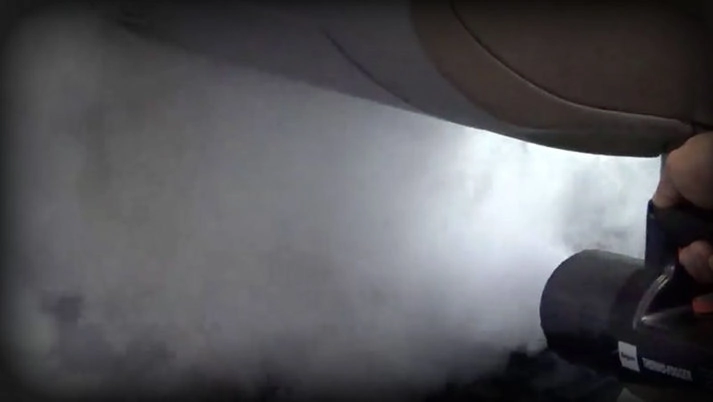You Should Probably Know:
By now, if you haven’t heard already, aluminum is appearing far more often in vehicle designs. An example of this is the new release of the Ford F-150 truck. In truth, it hasn’t even been released yet. It won’t be seen on the showroom until this fall. The reason for the new aluminum alloy technology is because of a government requirement to build more efficient vehicles as well as safe vehicles. With the 2015 Ford F-150, they have used military grade aluminum alloy and have been able to drop the weight of the truck by 750 pounds. This equals great savings for the vehicle owner as far as gas goes and great savings for the vehicle manufacturer as they will not be charged the “Gas Guzzler” tax that is imposed on the manufacturer’s annually. The penalties are going to get stiffer if something isn’t done soon.
Don’t blame Ford for these changes, their just the ones that are at the forefront of this new technology. They have been working on this since 2009 and other brands are following close behind. For example, GM is about to release a new vehicle with the same changes. BMW and Jaguar have already released vehicles two years ago and Honda has aluminum on some of its panels.
Aluminum has several unique characteristics and Ford’s military grade aluminum alloy has even more characteristics that set it apart from other vehicle materials like steel. When working with aluminum you need to know that it is heat sensitive and will require the use of advanced repair techniques and methods. For shops and PDR Technicians, this is going to mean updated training and key equipment. In addition, a shop needs to have the space to work on repairs set apart from other cars. Aluminum repairs can’t be treated like any others and will require some updates to your facility. If you’re a PDR Technician, you need to be sure that no other vehicle outside of aluminum is being worked on near you and you should not be near any other vehicle.
We’ll cover more in Part III.
